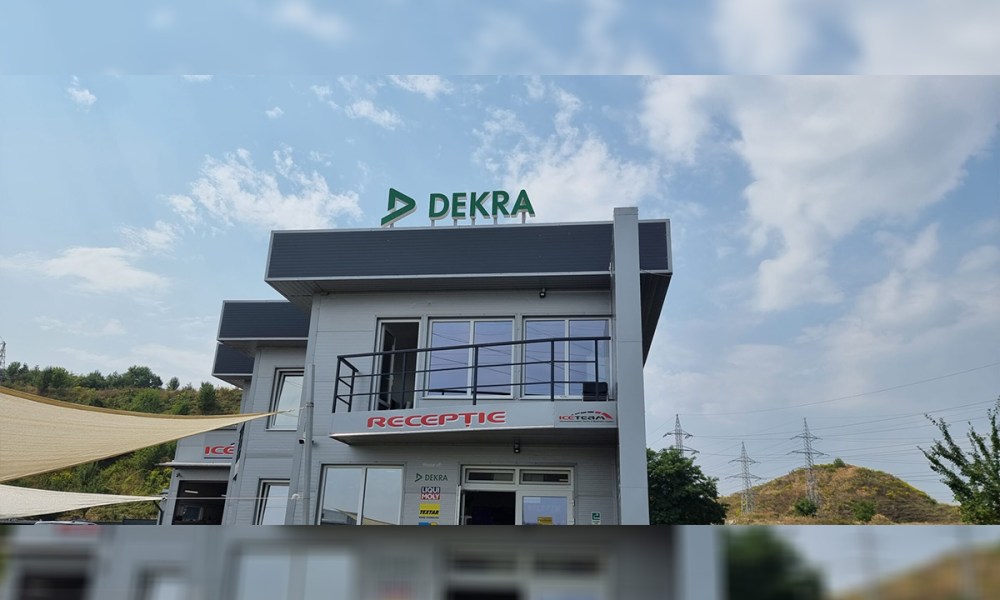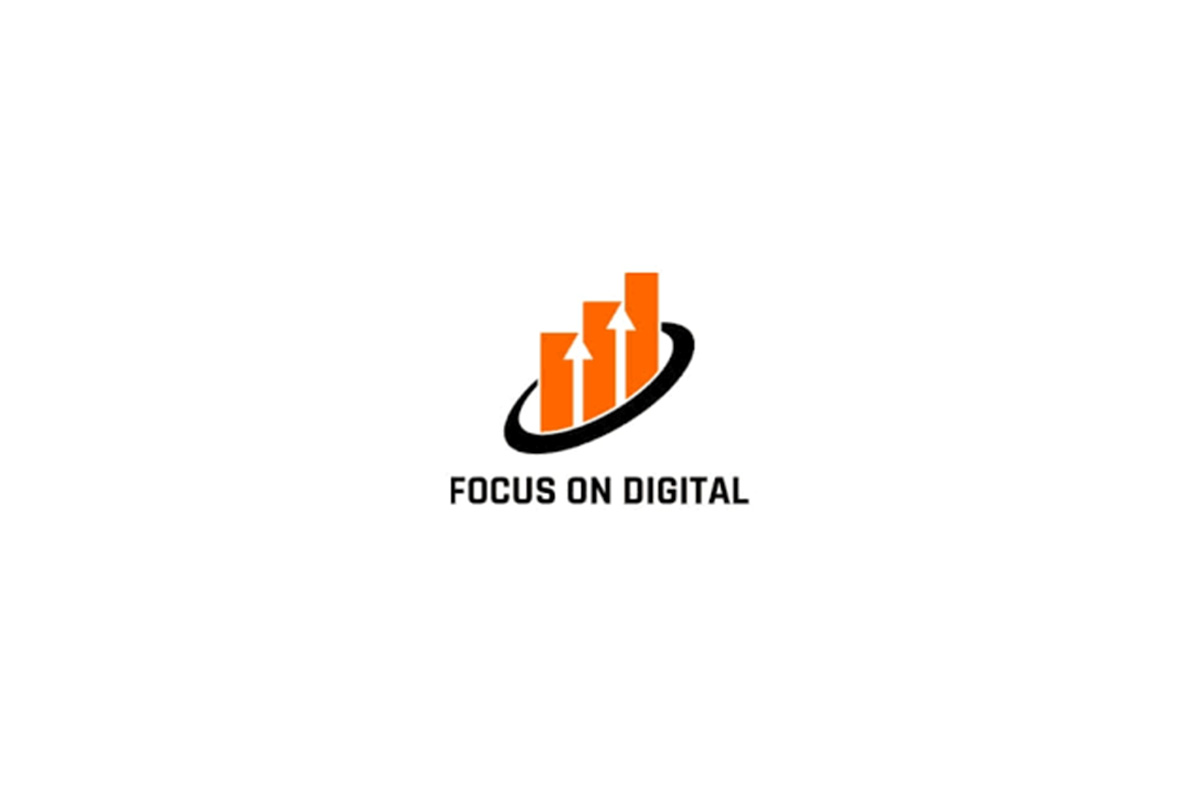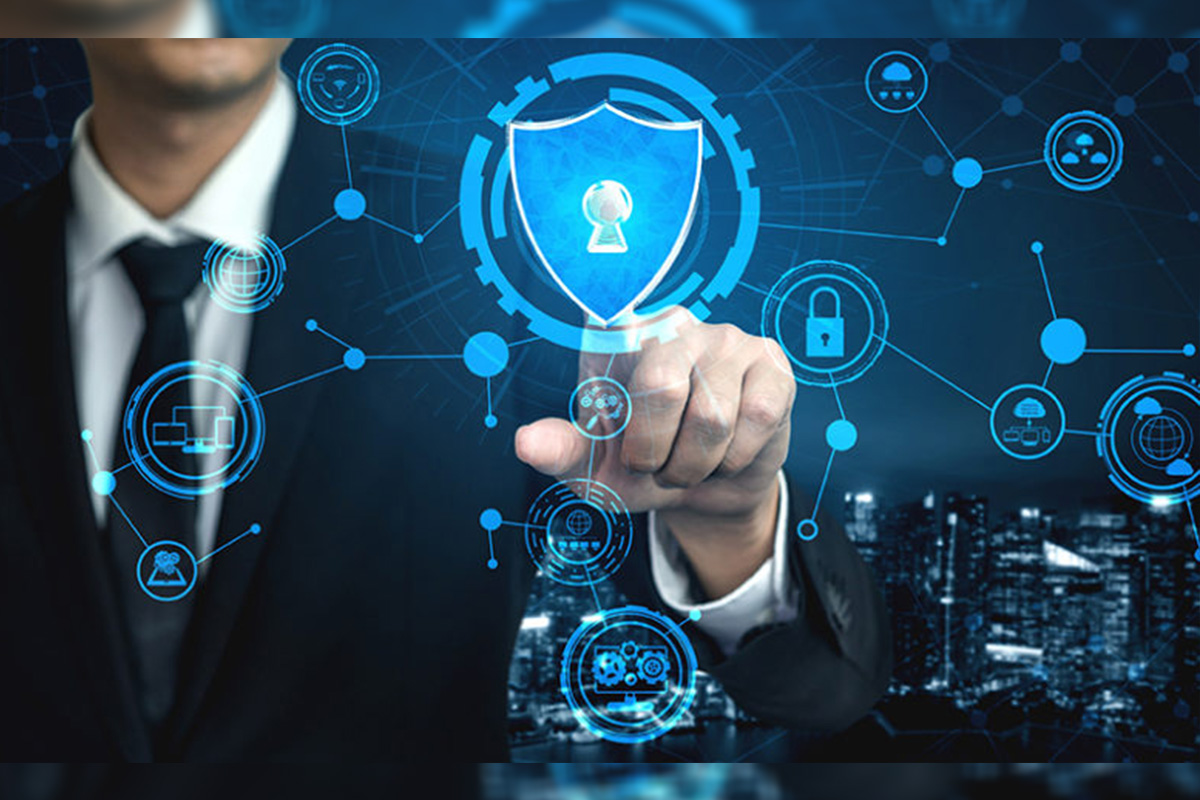“So far, 2023 has been an excellent year for DEKRA,” said Stan Zurkiewicz, DEKRA CEO and Chairman of the Management Board in his preliminary review of the year. “We are very optimistic that we will hit a revenue of over four billion euros in the full year. That is a historic first for DEKRA, and we are very excited.” All service divisions and regions are expected to significantly exceed their 2022 sales performance, with some achieving strong double-digit growth.
Beyond excellent business figures, DEKRA reports that its strategy 2025 is on track and bearing fruits. The company has successfully introduced training, advisory, testing, validation and inspection services in its strategic growth areas Artificial Intelligence, Cyber Security, Sustainability, and Future Mobility, establishing itself as strategic partner across the entire value chain of these domains.
While the overall TIC (testing, inspection, and certification) industry is expected to grow by around 5% annually, DEKRA forecasts two-digit growth in its future business areas over the next years. The company is well positioned to exponentially capitalize on this upward trajectory and aims to set itself apart from its competitors.
Artificial Intelligence (AI): DEKRA supports governments and committees in developing regulatory frameworks
One year after the market introduction of ChatGPT, the potential of generative AI to transform productivity, save lives, reduce inequalities, and more, is evident. “Artificial Intelligence is a true gamechanger. But it cannot be above the game, it has to play by some rules. Without them, this powerful technology may endanger our economies, our health, and even peace,” explained DEKRA’s CEO.
DEKRA, based on its deep understanding of technology and data as well as decades of experience in assurance processes, has been invited to advise various governments and committees in the development of such regulatory frameworks. Notably, the company provided guidance to the German Federal Ministry for Digital and Transport concerning the G7 Code of Conduct. Being a completely impartial and independent company, DEKRA does not lobby for any specific language model or technology. “Our focus is exclusively on ensuring that the AI revolution happens in a safe and secure way”, Stan Zurkiewicz added.
Governments and institutions around the world are working on regulatory frameworks, with varying priorities. Europe’s Proposal for a Regulation on an Artificial Intelligence Act from 2021, for example, aims to set unified standards in the EU for the introduction, deployment, and use of AI systems, safeguarding individuals’ fundamental rights from potential negative impacts. It sets different rules along different risk levels, from unacceptable to minimal risk. Generally excluded from the use of AI are social scoring, cognitive behavioral manipulation, and real-time facial recognition; the draft is currently being negotiated.
The “Executive Order on Safe, Secure, and Trustworthy Artificial Intelligence”, released by the United States of America in October 2023, calls for standards in AI safety and security, adjustments to privacy regulations to address new risks from AI, and actions to protect equity and civil rights. It also builds a bridge to EU legislation. By signing G7’s “Code of Conduct” in October 2023, seven leading industrialized nations – Canada, France, Germany, Italy, Japan, the UK, and the U.S. – committed to developing advanced artificial intelligence systems based on eleven jointly defined principles.
Further globally relevant regulatory initiatives can be found in China, Australia, the United Kingdom, and other regions.
Additionally, in terms of AI normalization, various standardization bodies are dedicated to developing standards for AI systems.
Service portfolio for testing and validating AI, Cyber Security, and other digital solutions is growing swiftly
In 2023, the company has been among the pioneering TIC companies to put the first wave of AI testing services onto the market. In addition, together with PwC and the city of Hamburg’s innovation fund, DEKRA has formed a joint venture for testing and certification of AI under the name CertifAI.
The company is also delivering on digitizing and automating its services, for instance, when inspecting confined spaces, DEKRA now deploys robots to ensure that human inspectors are not put at risk. Also, via strategic investments in the Swiss-based company Spearhead, DEKRA is capable of giving a first estimate of vehicle damage after a crash fully remotely by instantaneously collecting sensor and telematics data.
“Working with governments, universities, and leading technology companies like Bosch’s AIShield, we are in a prime position to offer testing, inspection, and certification services for Artificial Intelligence and other digital services, most importantly Cyber Security,” explained Stan Zurkiewicz. “And that’s exactly the outcome we envisioned in our Strategy 2025. We expect exponential growth in this business area over the coming years, and we plan to remain ahead of our competitors with an unparalleled set of services.”
Sustainability: DEKRA strongly supports COP28’s targets, offering over 500 sustainability-related services
DEKRA makes its debut at COP28, the United Nations’ annual climate change conference. The company strongly supports COP28’s targets of tripling renewable energy capacity and doubling energy efficiency improvements across sectors by 2030.
“We need to accelerate climate action. Many of COP28’s targets require cross-national and cross-industry collaboration, and faster innovation cycles may lead to growing risks in safety and security,” elaborated DEKRA’s CEO. “We can support key stakeholders in ensuring that the world can accelerate climate action in a safe and secure manner. We are offering over 500 sustainability-related services, from carbon footprint and lifecycle assessments to hydrogen infrastructure inspections as well as ESG auditing and advisory services.”
Urging national policymakers to authorize accredited third-party auditing companies for CSRD-related services
In Europe, in response to the German Supply Chain Act (“Lieferkettengesetz”) and the Corporate Sustainability Reporting Directive (CSRD), the company expects strong demand for its services portfolio. Yet, regarding CSRD, DEKRA urges national policymakers to allow independent accredited third-party technical auditing companies, such as DEKRA, into this market.
Under CSRD, over 50,000 companies will need to provide sustainability reports by 2026, nearly four times as many as today. Even smaller companies, which do not need to create their own reports, are obliged to share data with their clients. This data needs to be robust, transparent, and verifiable, as external verification will become mandatory under CSRD. In many EU countries, only financial audit firms may be allowed into this market. “Such a way of transposing the EU Directive into national law would result in a serious disadvantage, especially to Europe’s small and medium enterprises,” Stan Zurkiewicz pointed out, “as financial audit firms may not have the technical expertise required to report all CSRD-related data in a robust and efficient way. Consequently, the auditing process is likely to be expensive and time consuming.”
Future Mobility: DEKRA’s extensive investments are bearing very impressive results
The company’s testing facilities at DEKRA Lausitzring in Klettwitz, Germany, are being rapidly expanded with an objective of establishing, within the next two years, the world’s most comprehensive independent testing site for automated and connected driving. Planned jointly with vehicle manufacturers, suppliers, and research institutions, the new courses now cover more than 80 percent of real traffic scenarios. With the new, unique tracks DEKRA can support its customers even better in testing the safety of their assistance systems and automated driving functions.
Regarding electric vehicles, DEKRA offers a cutting-edge battery test, which delivers highly accurate EV Battery state of health measurement in just a few minutes. It has only recently been recognized with the Innovation Prize of the German Mobility Industry.
Outlook: forecasting further growth in 2024
DEKRA anticipates a volatile macroeconomic situation and difficult framework conditions. However, the company is confident of further growth, based on its strong market position in traditional areas, trustful relations with over 500,000 customers globally, and the promising service portfolio for future technologies.
“We place great trust in the quality of our services, in the people who deliver them, and in our strategic framework. Thus, DEKRA will continue to grow in 2024 and make a significant contribution to making the world safer and more secure,” summarized DEKRA’s CEO.




